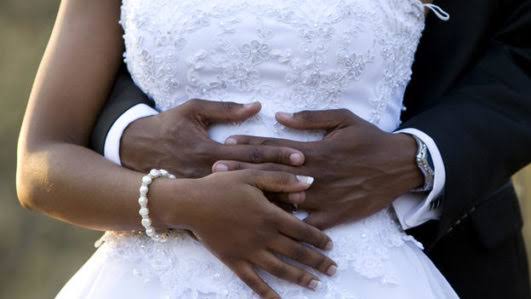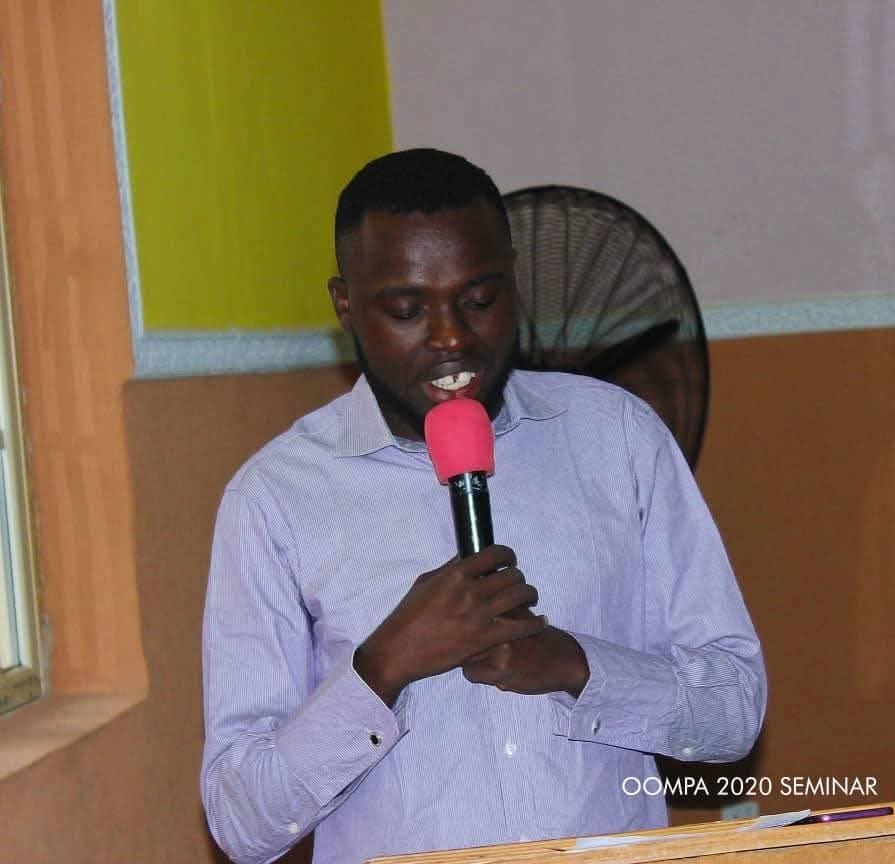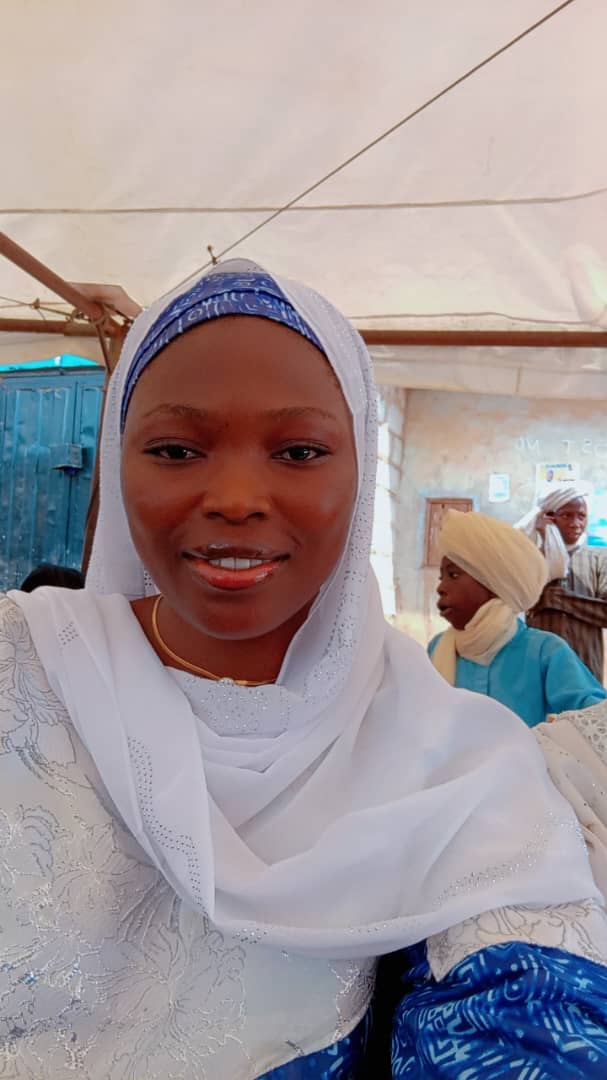By OLALERE-OLAJIDE ODUNAYO GRACE
Monogamous Marriage as been defined as the union of a man and woman to the exclusion of all others.
There are various forms of marriages in Nigeria, some are;
TRADITIONAL MARRIAGE
This is a union of a man and one or many women, this is the type of marriage that is customarily recognized in Nigeria. This type of marriage like every other marriage is expected to last forever.
MONOGAMOUS MARRIAGE
This type of marriage is sometimes referred to as church marriage or statutory marriage, Lord Penzance in the case of Hyde Vs Hyde defined it as the union for life of a man and a woman to the exclusion of all others.
ISLAMIC MARRIAGE; this type of marriage is celebrated according to the provision of the Holy Quran, and it’s a union of a man and one or maximum of four wives, he can proceed to marry four wives if he can act equally between and among them.
In this paper our focus is the celebration of monogamous or statutory marriages in Nigeria.
The court in the case of Prince Haastrup vs Eti Osa Local Government, decided that both the Federal government Ministry of interior and Local Government councils have the power to conduct statutory marriages, but only the local government have the exclusive power to register marriages.
Section 3 of the Marriage Act provides that, the president of Nigeria shall divide Nigeria into districts.
This talks about the places where marriages can be celebrated, are known as districts and the marriage Act provides that it’s the duty and within the power of the president to divide Nigeria into districts.
This also implies the Federal power of the Nigerian government in conducting marriages.
By the provisions of section 6 of the marriage Act of Nigeria, the minister for interior has the sole power to license a place of worship and can also cancel the licenses already issued.
Legal marriage or monogamous marriage are not only conducted in the registry, this type of marriage can also be conducted in a licensed place of worship or such places as the minister may give license to conduct and this places can only be licensed by the minister.
The Marriage Act in Section 30 provides that, the registrar shall register every marriage certificate into the Marriage Registry Book.
In the case of Olumide Babalola vs Ikeja Local Government, the facts bothers on the form of the marriage certificate that was issued to the couple, that it is not in compliance to the form E of the Marriage Act, as such the certificate is inconsistent with the provisions of the law, the court held that the marriage conducted by the local government was valid, however the certificates to be issued by the marriage registries must be in compliance to the Marriage Act, that is Form E.
It is evident in the above case that the issue for determination before the court was not on the validity or the capacity of the local Government to conduct marriages, its solely based of the form of the marriage certificate issued to the couple.
By the provision of the Fourth Schedule of the 1999 Constitution as amended in 2011, which is in consonance with the provision of Section 7 of the 1999 Constitution of the Federal Republic of Nigeria amended in 2011 provides in
Section (1) (i) that, the Local government shall have power to register all births, deaths and marriages.
Section 61 of the second schedule deals with the exclusive legislative list, it sprovides,
The formation, annulment and dissolution of Marriages other than marriages under Islamic law and customary law including matrimonial causes relating thereto.
The above provision implies that the Federal Government shall be in charge of legal or statutory marriages. This has also been supported by the various provision provided above by the marriage Act on the power of the Nigeria president and the minister of interior on marriages in Nigeria.
In the recent case of Eti Osa Local Government and anor VS Minister of Interior and ors, the court held that, the defendant should not conduct marriages in the plaintiffs local governments areas, but marriages can be conducted at Ikoyi Federal Marriage Registry and Federal Marriage Registry Abuja.
The court further held that the plaintiff is constitutionally empowered by the provision of the Fourth Schedule to register Marriages.
A thorough examination of the forgoing means that, marriages conducted at the federal ministry of Interior ikoyi Lagos and other Ministries licensed by the Minister of Interior are legal marriages.
Furthermore by the provisions of the second and fourth schedule of the constitution, Federal Ministries have the power to conduct marriages as contained in the second Schedule and the Local Government the power to register marriages, as contained in the Fourth schedule.
In conclusion, the writer after a thorough examination of the provisions contained in the constitution which is the grundnorm and the Marriage Act of Nigeria, concludes that the constitutional power to form Marriages lies in the Exclusive Legislative list i.e within the purview and power of the Federal Government and power to register marriages is within the purview of the local government by the provision of the fourth schedule of the constitution.
WRITTEN BY
OLALERE-OLAJIDE ODUNAYO GRACE,
odunayograce18@gmail.com
MANAGING PARTNER ; OLA LEGAL ATTORNEY,
olalegalattorney@gmail.com




